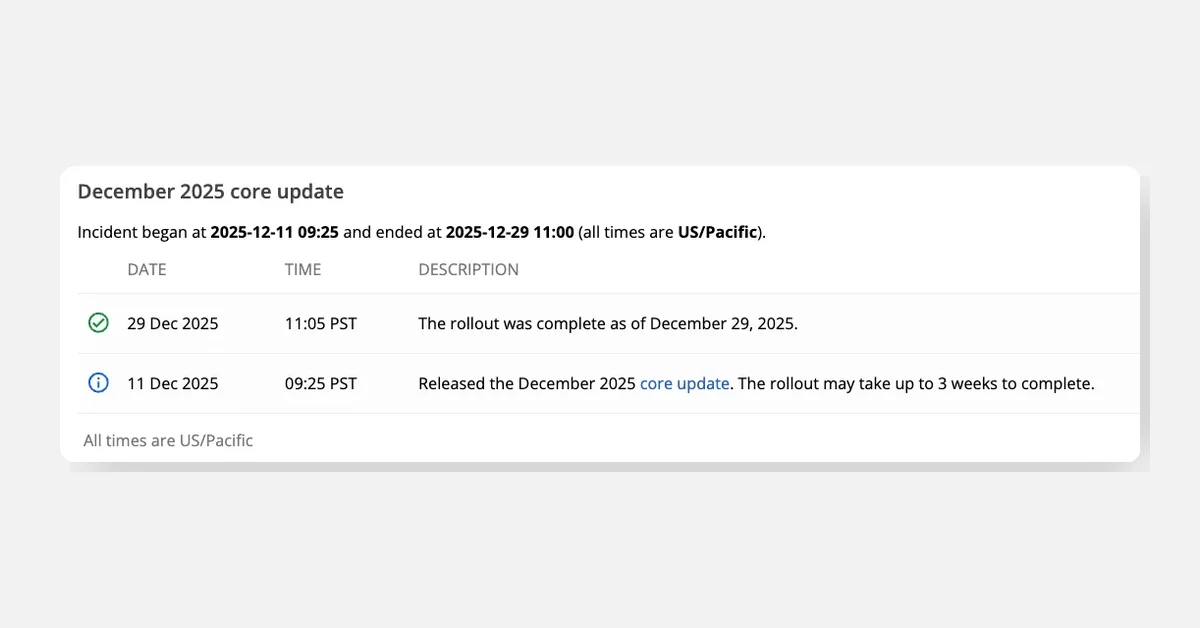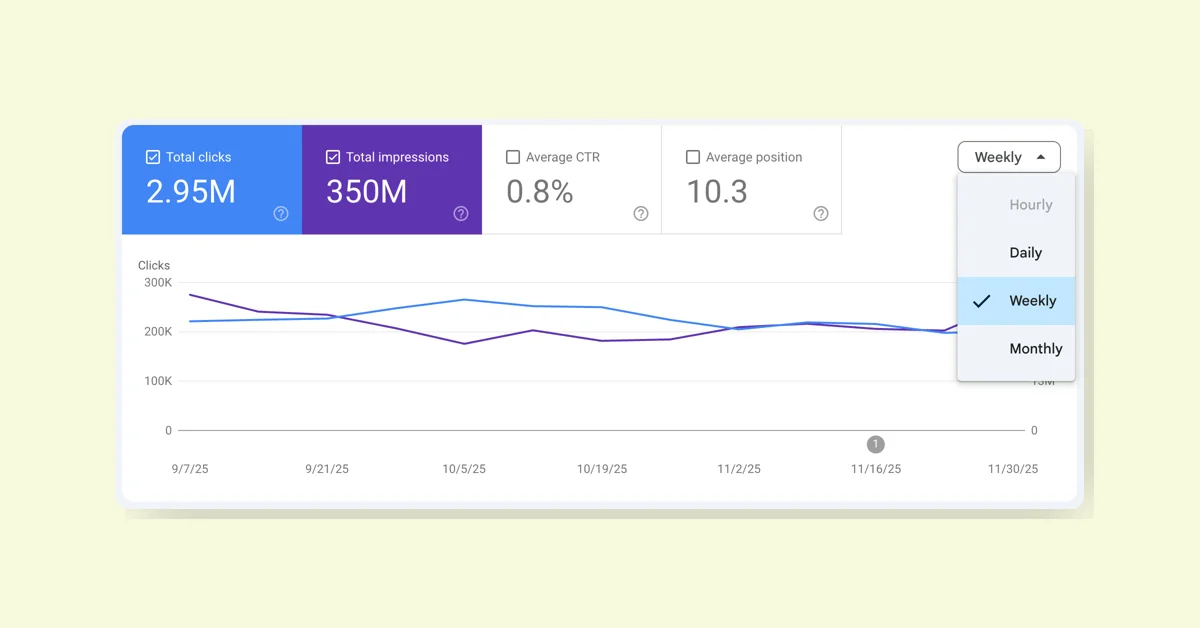The European Union's Court of Justice (ECJ) has dismissed Google's appeal against a €2.4 billion ($2.65 billion) 2017 antitrust ruling. The ruling found that Google had abused its market dominance by favoring its own Google Shopping service, thereby diverting traffic from rival comparison services. This decision follows a lengthy antitrust investigation that began in 2010.
Background and Legal Proceedings
- 2017 Antitrust Ruling: The initial decision was the result of a years-long investigation, concluding that Google had unfairly promoted its own shopping service over competitors.
- Failed Appeals: Google first appealed to the EU General Court in 2021, arguing that the impact on rivals was not substantial. The General Court rejected this, noting Google's failure to consider the poor placement of competing services in search results.
- Final Appeal to ECJ: Google then appealed to the ECJ, which dismissed all grounds of the appeal, stating that Google had not met the legal requirements to justify its actions.
Key Points from the ECJ Ruling
- Abuse of Dominance: The ECJ confirmed that Google's conduct was discriminatory, making it difficult for rival services to compensate for lost traffic through other means.
- Legal Test: Google failed to meet the legal test for a duty to supply access to comparison shopping services.
- Causal Link: The ECJ dismissed Google's argument that there was no causal link between the alleged abuse and its effects.
Reactions and Implications
- Google's Response: A Google spokesperson expressed disappointment, noting that changes were made in 2017 to comply with the European Commission's decision. These changes have reportedly generated billions of clicks for over 800 comparison shopping services.
- Industry Impact: Daniel Friedlaender of the Computer & Communications Industry Association (CCIA) Europe highlighted the broader implications for the tech industry. He emphasized the need for legal certainty for non-gatekeeper tech firms regarding compliance with EU competition law.
Broader Context
- Digital Markets Act (DMA): The case has been resolved with the introduction of the DMA, which imposes rules on Google's search service. However, the judgment raises ongoing questions about how non-gatekeeper tech firms should design their products to comply with EU competition law.
This ruling underscores the EU's stringent stance on market dominance and sets a precedent for how tech giants should operate within the competitive landscape.



















